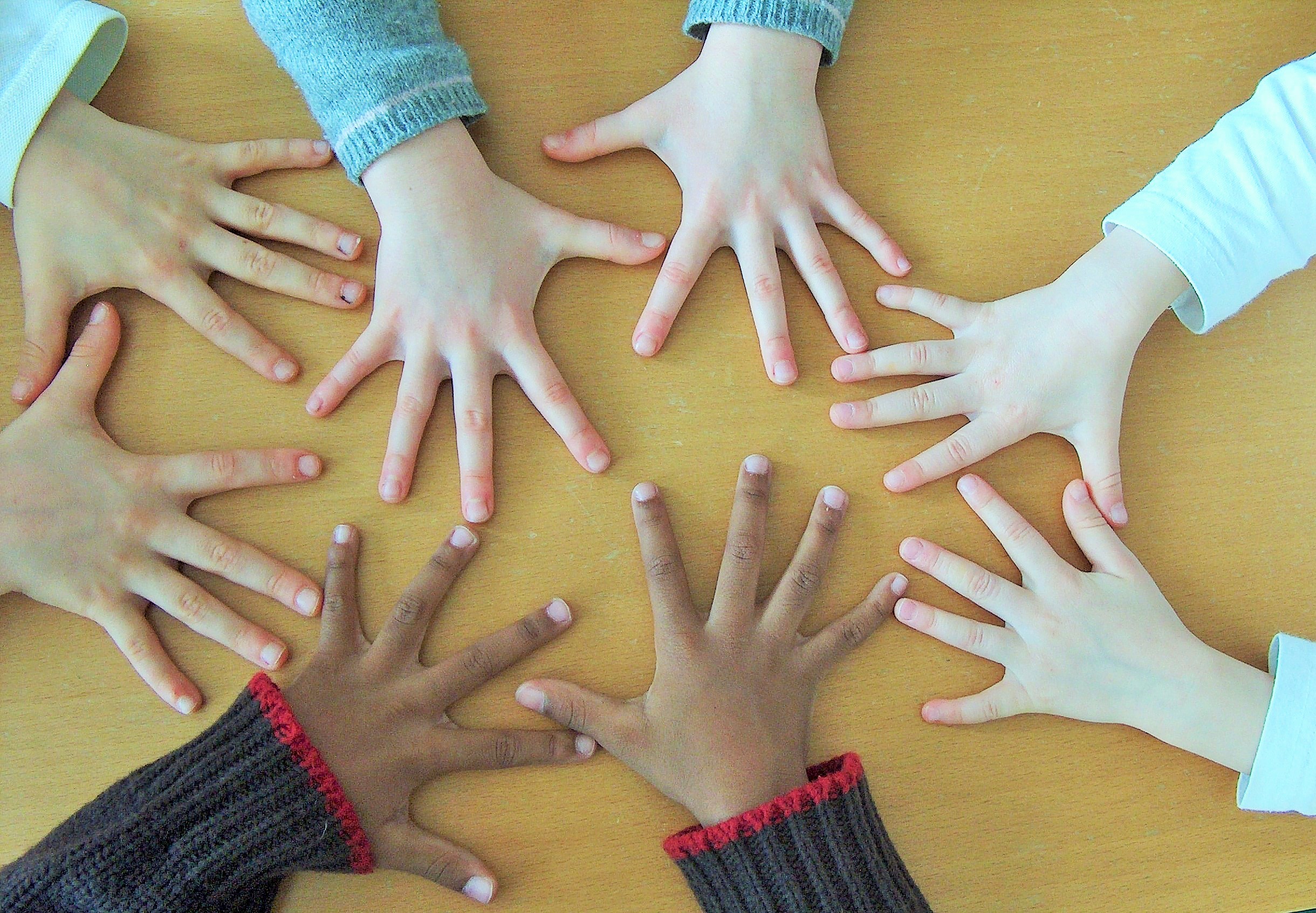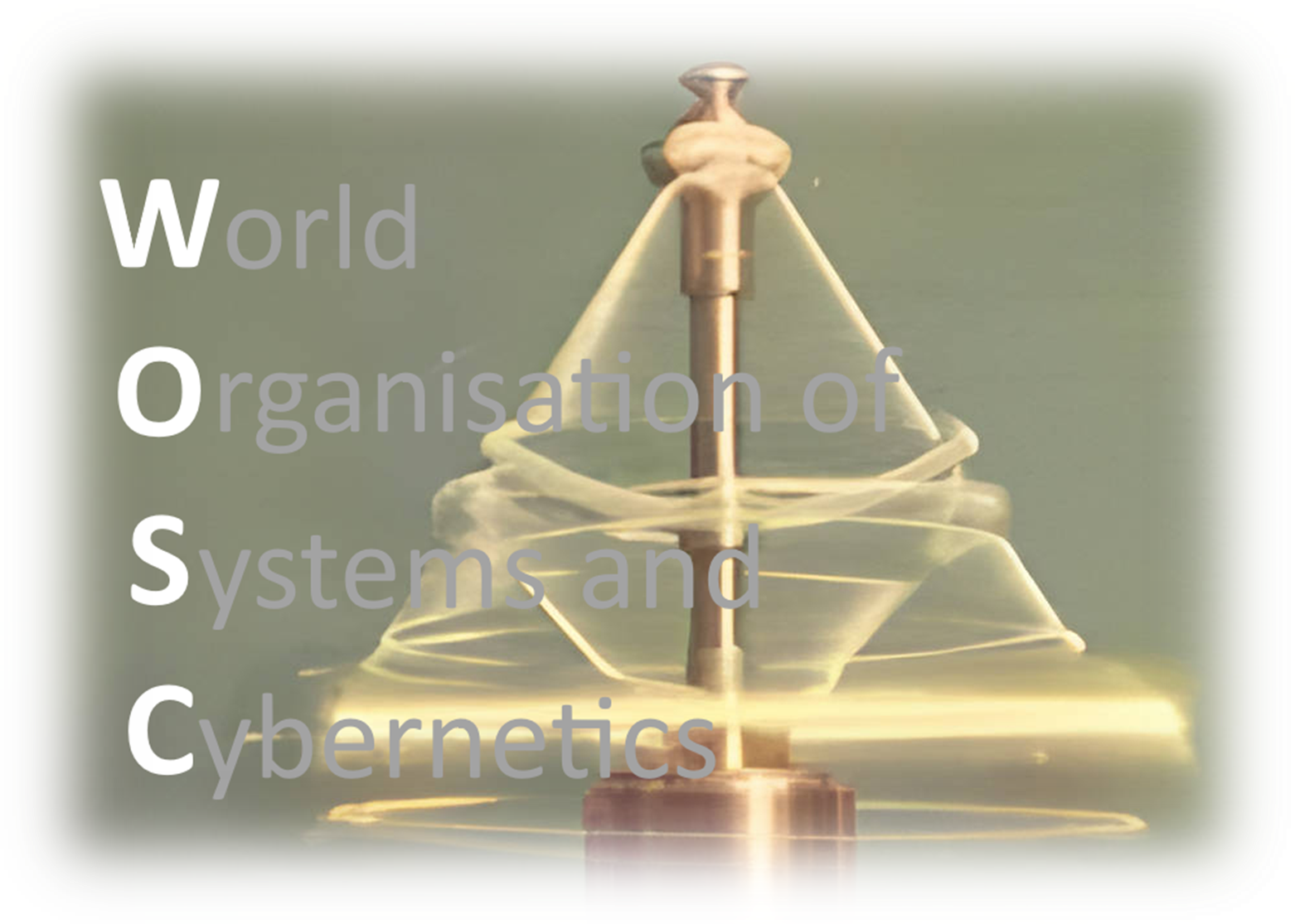Coordinated by Stuart Umpleby, German Bula Escobar, and Matjaž Mulej

Section 1.1 Enabling Active Citizenship
Coordinated by Allenna Leonard and Zoraida Mendiwelso Bendek
Citizenship, as a property of our democracies, emerges from an interactive process of social meanings. It is in a vulnerable condition.
Enabling active citizenship is necessary to make its processes transparent, accessible and feasible. Allowances for referenda and other instruments of direct democracy need to be established and other means, including the pain-pleasure measurements, supplemented by polling by reputable agencies should be available. Jurisdictions for voting, the basic act of citizenship, should be designed so that votes count equally.
Practices that discourage participation including making voting difficult, spreading misinformation and the lack of education about how political processes work ought to be curbed. Finally, it is important that the role of civil society be strengthened. People should have the opportunity to collectively engage in discussions about matters of importance and have a channel to convey their ideas to decision-makers to more widely influence outcomes that affect themselves and build a sustainable future.
Section 1.2 Enhancing democratic processes
Coordinated by Raul Espejo and José Perez Rios
The abstract of the Congress shows that one of its purposes is offering citizen’s stories to enhance society’s future development. Our invitation is to build them up in the context of active citizenship in democracy. How is it possible to increase people’s participation as citizens in nations, regions, institutions, and communities rather than as subjects or consumers. We are inviting contributors to the congress to offer stories that show examples of people increasingly building up contributions towards organisations through conversations that make apparent respect and mutual trust towards processes of organisational/environmental decision-making that enhance their values towards the collective production of purposes and the construction of shared interests for the benefit of their societies. These stories hopefully will show contrasts between people behaving as subjects and consumers towards people behaving as citizens sharing views and interests for the benefit of societies.
